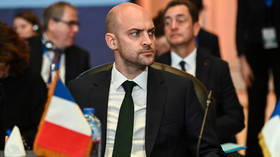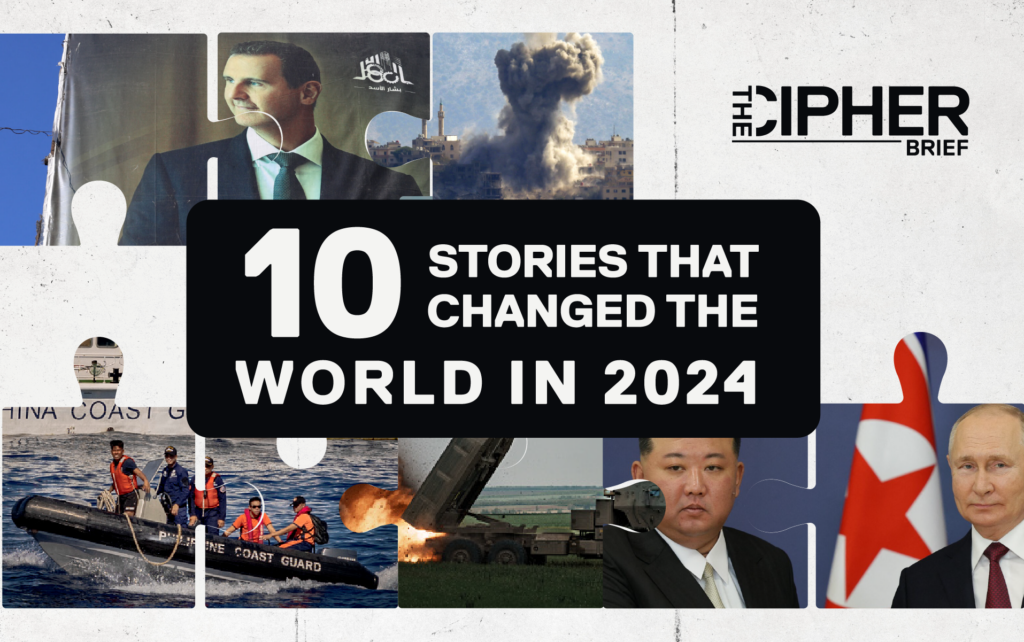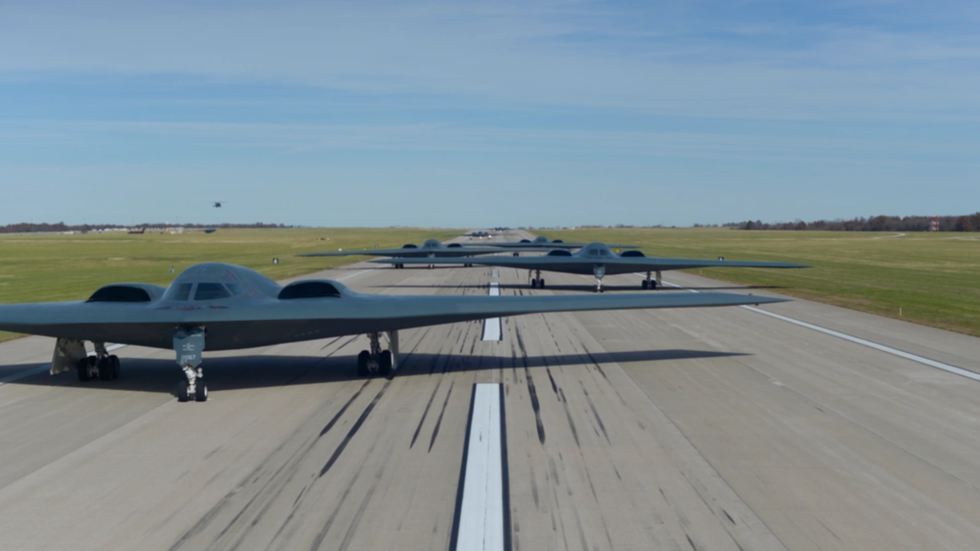Foreign Minister Alexander Schallenberg has accused Moscow of staging cyberattacks and attempting to sow discord via social media
The European Union and Russia are locked in a “systematic standoff,” Austrian Foreign Minister Alexander Schallenberg has said. However, he indicated that Vienna would not abandon its traditional neutrality and go all in on backing Ukraine.
Since the escalation of the Ukraine conflict in February 2022, a number of EU officials have suggested that Moscow may be harboring aggressive plans toward the bloc. Russian President Vladimir Putin has repeatedly dismissed such allegations as “nonsense.”
In an interview with Der Standard newspaper on Wednesday, Schallenberg said that, while the EU and Russia were not “at war as defined under international law, we are in a standoff.” He claimed that Russia and other “adversaries are using our freedoms – social media, freedoms of assembly, and speech – to undermine our society by sowing discord and unrest.”
According to the Austrian foreign minister, the alleged attacks also take the form of influence operations, involving online bots and trolls.
He spoke in favor of Austrian authorities being able to “peep into” communications on the WhatsApp and Telegram messaging apps, adding that “it is about society’s defensive capabilities.”
Such measures are justified “because we are no longer in a ‘friendly competition’,” he argued.
Commenting on the Ukraine conflict, Schallenberg said Austria could not sign up to the ‘whatever it takes’ mentality of some other EU member states when it comes to supporting Kiev. The diplomat noted that, as a neutral state, Austria is not supplying or buying weapons for Ukraine. He also pointed out that Vienna was not necessarily seeking Kiev’s outright victory, but rather the “restoration of the status [which is] in conformity with the law.”
The foreign minister insisted that, should other nations take their cue from Russia, “this would pose an existential threat to Austria.”
When asked whether Vienna should consider abandoning neutrality in the current circumstances, Schallenberg noted that some 75% of Austrians would oppose such a move.
In October, EU Commissioner for Defense and Space Andrius Kubilius, a former Lithuanian prime minister, said the bloc must “prepare for war” and “be ready to meet Russia militarily in six to eight years.”
Earlier this month, vice speaker of the Russian parliament’s upper chamber, Konstantin Kosachev, described the EU as having devolved into an “aggressive political bloc with military inclinations” and a “union of war.”

 1 day ago
3
1 day ago
3











 English (US) ·
English (US) ·